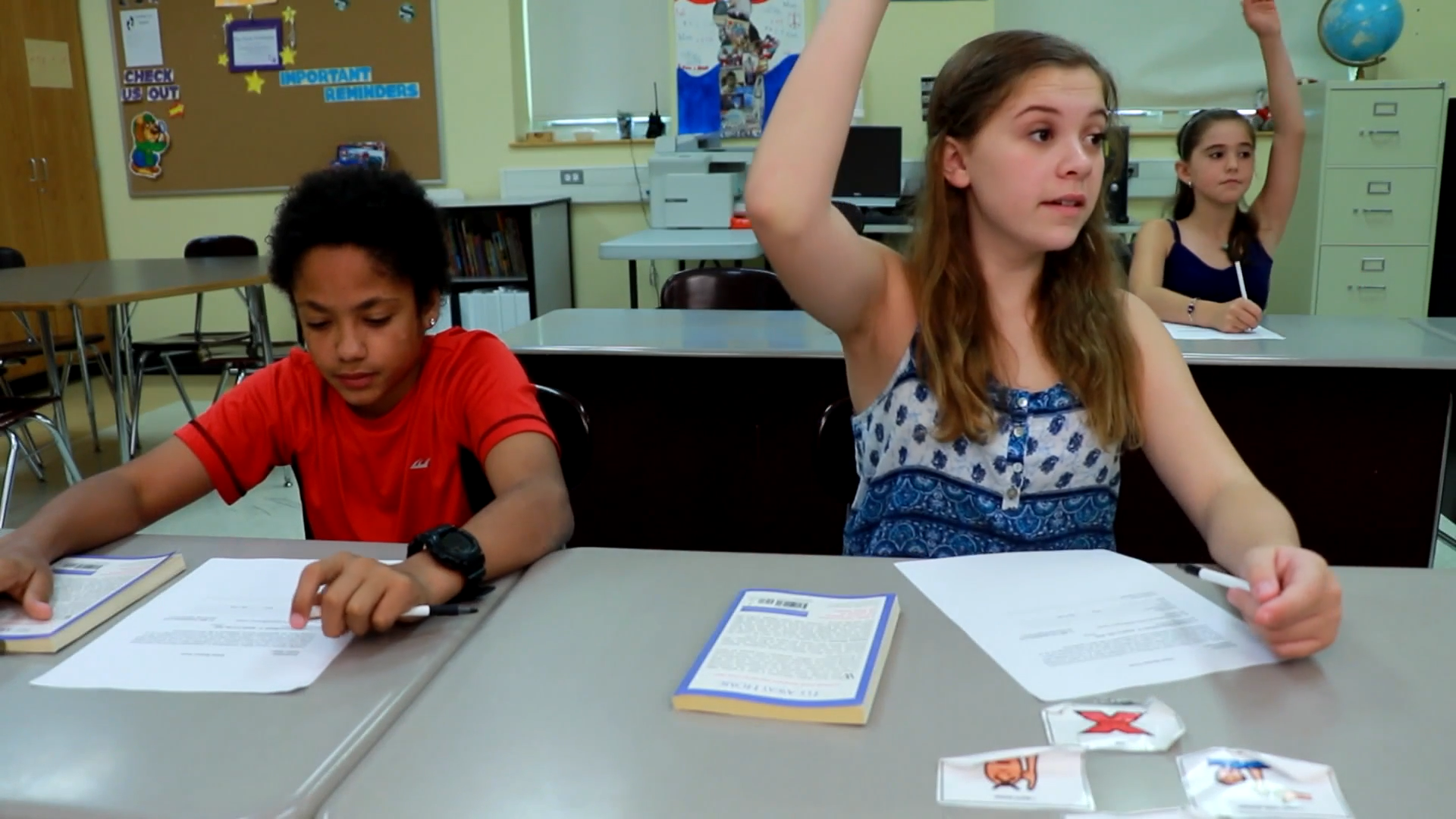
In special education, developing strong communication skills is crucial for students’ success in learning and social interactions. This blog post focuses on the target skill of answering questions in class effectively, which plays a significant role in students’ wellbeing and academic performance.
Understanding Classroom Communication Skills
Classroom communication skills involve following social rules while participating in class discussions, such as waiting to be called on, maintaining an appropriate voice volume, and providing concise answers. These skills help students engage effectively in the learning environment, fostering positive social interactions and promoting academic success.
The Role of Specialists
Various specialists can support the development of classroom communication skills:
- Speech-Language Pathologists: Assist with voice volume regulation and articulation.
- Social Workers: Help students understand social rules and expectations in the classroom.
- Psychologists: Address underlying emotional or behavioral concerns that may impact communication skills.
- School Counselors: Provide guidance on developing self-regulation and coping strategies for classroom situations.
IEP Goals for Classroom Communication Skills
Here are some specific SMART IEP goals to improve classroom communication skills:
- Waiting to be called on: The student will wait to be called on before answering a question in class, demonstrating this skill in 8 out of 10 opportunities across 4 consecutive weeks.
- Strategy: Use visual cues or prompts to remind the student to wait.
- Activity: Practice role-playing scenarios with peers or adults.
- Voice volume regulation: The student will adjust their voice volume to an appropriate level when answering questions in class, achieving this skill in 8 out of 10 opportunities across 4 consecutive weeks.
- Strategy: Implement a visual volume scale to help the student self-monitor.
- Activity: Practice various voice volumes in different settings and situations.
- Providing concise answers: The student will give concise and relevant answers to questions in class, demonstrating this skill in 8 out of 10 opportunities across 4 consecutive weeks.
- Strategy: Teach the student to use the “5 W’s” (Who, What, When, Where, Why) as a framework for concise answers.
- Activity: Use worksheets or activities that require brief, focused responses.
Implementing and Measuring Progress
Here are some tips for implementing these goals and measuring progress:
- Collaborate with specialists to develop tailored strategies and activities.
- Regularly review and adjust IEP goals based on the student’s progress.
- Use data collection tools, such as charts or checklists, to track the student’s progress.
Conclusion
Effective IEP goals for classroom communication skills can significantly enhance students’ learning, social interactions, and wellbeing. By implementing these goals and strategies, educators can help students thrive in the classroom environment. We encourage you to apply these IEP goals and explore more resources at Everyday Speech Sample Materials.






